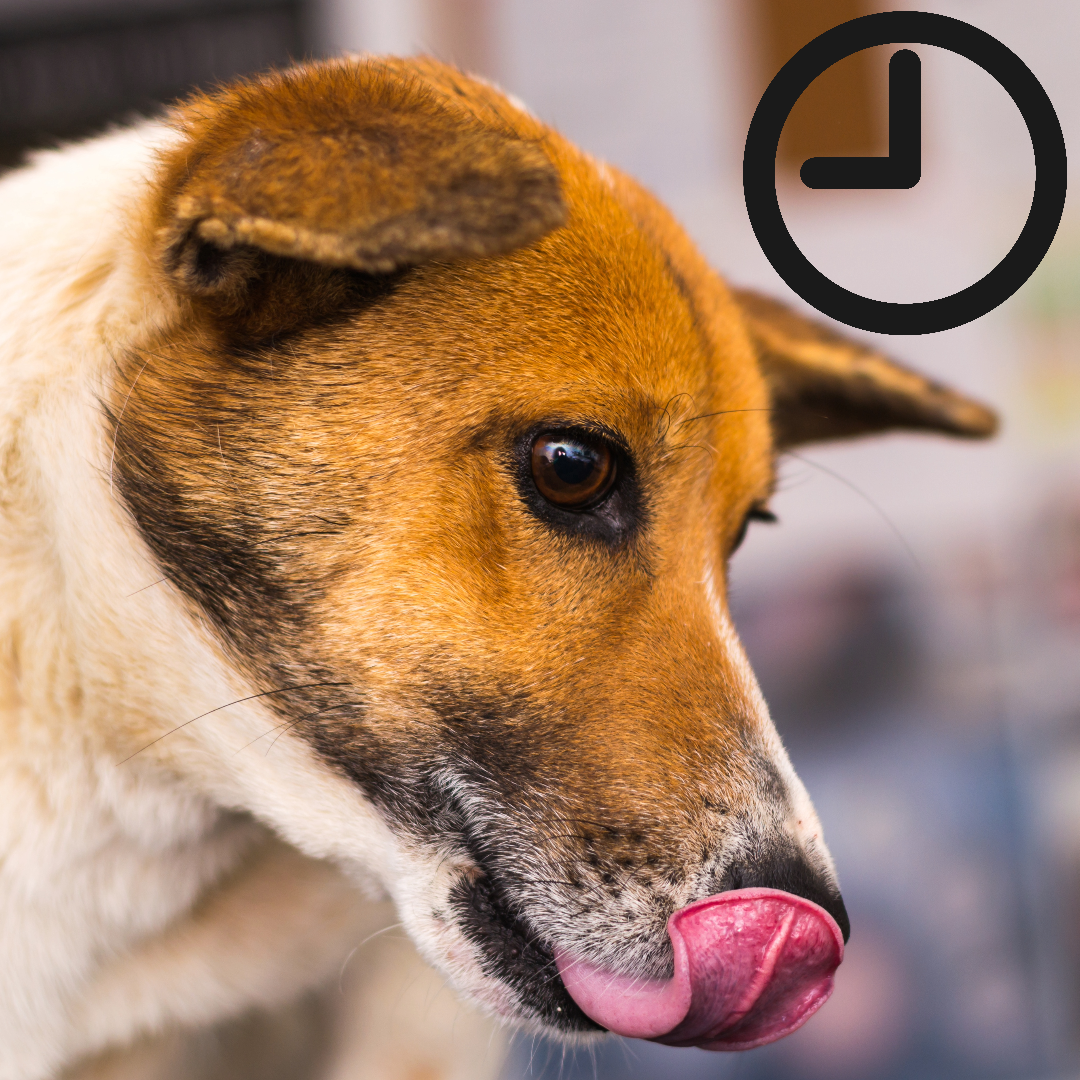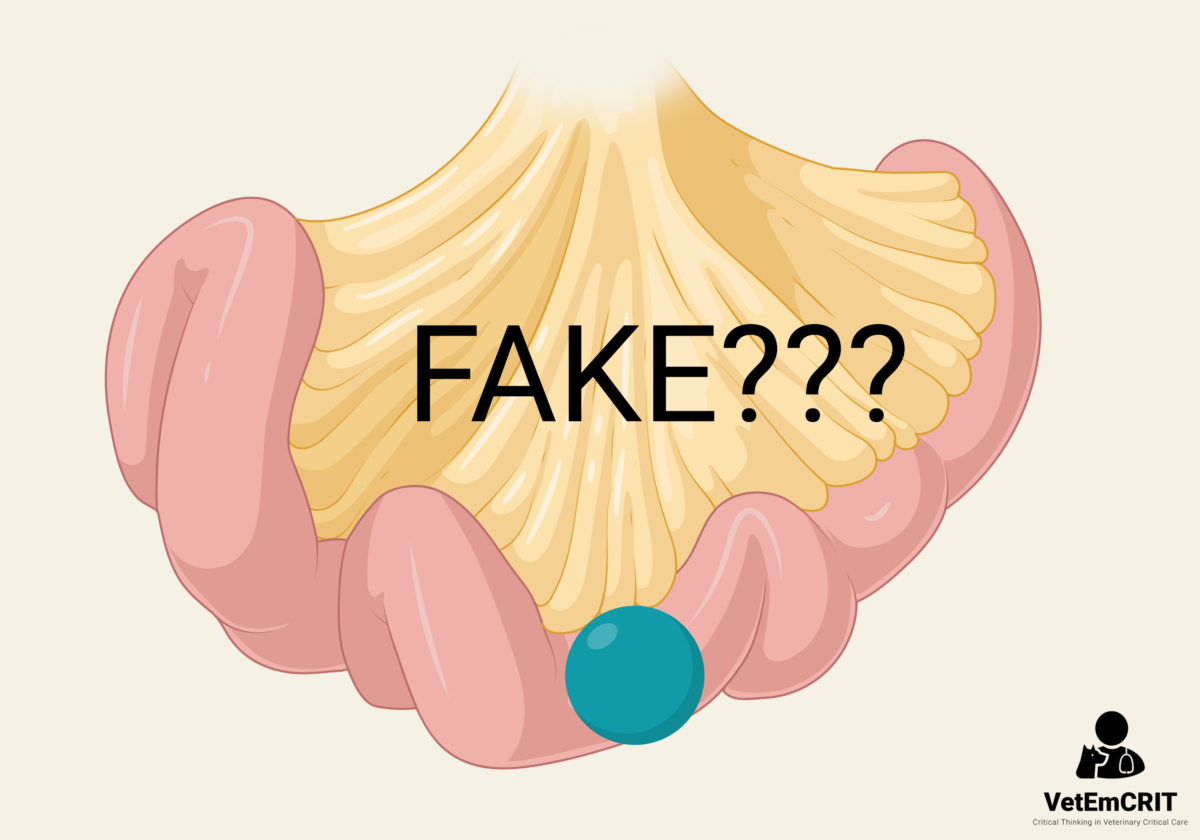Does administration of antiemetic medications to dogs and cats with gastrointestinal foreign body obstruction delay time to definitive care (surgery or endoscopy) and increases the risk of complications?
Puzio et al., JVECC 2023 (Blue Pearl, Wisconsin, USA) performed a retrospective study on 440 dogs and 97 cats to answer this question. The study found that, while antiemetic administration prolonged the time from clinical signs to definitive care (3.2 days vs. 1.6 days; P < 0.001), it did not significantly increase the risk of complications related to foreign body obstruction. However, the use of antiemetics was associated with a longer hospitalization period (1.6 days vs. 1.1 days; P < 0.001). The study suggests that antiemetics are not inherently contraindicated in gastrointestinal foreign body obstruction cases, but veterinarians should advise clients to closely monitor their pets for symptom progression and seek follow-up care accordingly.
Continue reading “Antiemetics in pets with foreign body obstruction”

